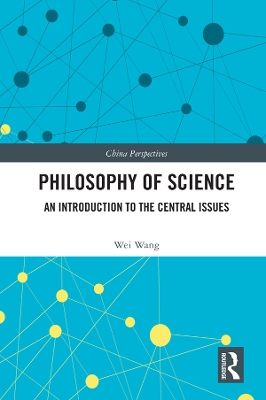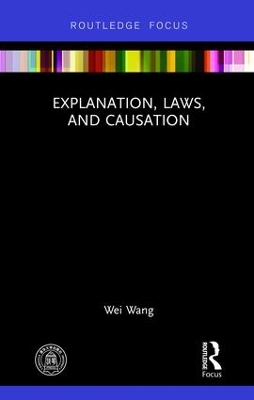China Perspectives
2 total works
The book is a translation of the second edition of a much-used and research-based Chinese textbook. As a succinct and issue-based introduction to the Western philosophy of science, the book brings eight focal issues in the field to the fore and augments each topic by incorporating Chinese perspectives.
Followed by an overview of the historical framework and logical underpinnings of the philosophy of science, the book thoroughly discusses eight issues in the discipline: (1) the criteria of cognitive meaning, (2) induction and confirmation, (3) scientific explanation, (4) theories of scientific growth, (5) the demarcation between science and pseudoscience, (6) scientific realism and empiricism; (7) the philosophy of scientific experimentation, (8) science and value. Not confined to Western mainstream discourse in this field, the book also introduces voices of Chinese philosophers of note and adopts a stance that productively combines logical empiricism and Kuhnianism, both of which tend to be covered in less detail by many English language textbooks. In the final chapter the author offers a prognosis regarding the future of the discipline based on recent trends.
This book will be of value to students who study philosophy of science and hope to gain a better understanding of science and technology.
Scientific explanation, laws of nature, and causation are crucial and frontier issues in the philosophy of science. This book studies the complex relationship between the three concepts, aiming to achieve a holistic synthesis about explanation–laws–causation.
By reviewing Hempel's scientific explanation models and Salmon's three conceptions – the epistemic, modal, and ontic conception – the book suggests that laws are essential to explanation and that our understanding of laws will help solve the problems of the latter. Concerning the nature of laws, this book tackles both the problems of regularity approach and necessitarian approach. It also proposes that the ontological order of explanation should be from events (or processes) to causation, then to regularity (laws), and finally to science system, but the epistemological order should be from science system to laws to explanation and causation. In addition, this book examines the legitimacy of ceteris paribus laws, the connection between explanation and reduction, the relation between explanation and interpretation, and some other issues closely related to explanation–laws–causation. This book will attract scholars and students of philosophy of science, natural sciences, social sciences, etc.

